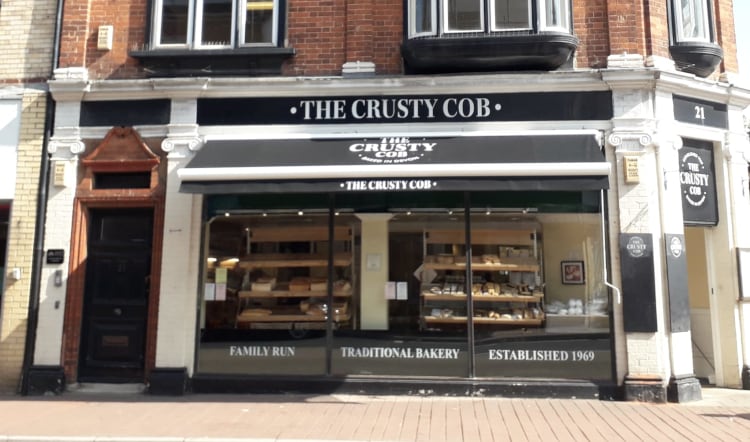The family-owned bakery business announced the closure of its nine sites at the beginning of March through a social media post by owners Neil, Howard and Truddy Tubbs. They pointed to several factors that played into their decision, not least the current state of bakery manufacturing, inflation and a lack of consumer demand due to the cost-of-living-crisis.
The anticipated rise in Employers’ National Insurance contributions, which would have added a further £125,000 annually, compounded the financial strain.
‘Toxic mix’
Duncan Swift, restructuring partner at Azets, said: “This is a textbook example of the residual cost-of-living and new cost-of-doing-business crises affecting many SMEs across the UK. The Crusty Cob was hit by a toxic mix of economic headwinds that, taken together, pushed a viable, long-standing business into financial distress.”
Today’s announcement comes just over a month since Azets advised the partial sale of 120-year-old bakery business Oddie’s, which resulted in seven of its sites acquired by North West-based family-owned business Waterfields.
Following its closure, Oddie’s also enlisted the help of asset disposal specialists BPI Asset Advisory, with the intention of auctioning of its equipment, machinery and vehicles. No update on this process was provided, with the auction held on 4 March.
Considering today’s volatile trading environment, Swift urged business to engage in wider-ranging contingency planning and consider a range of scenarios beyond their primary plan.
‘Exploring the what ifs’
“Exploring the ‘what ifs’ early can make a real difference,” Swift added. There’s a great deal of high-quality advice available – often free – which can help shape practical, alternative strategies to build resilience.
“Particularly in the food sector, there is clear evidence that adopting higher standards and providing greater transparency around product provenance can enable businesses to secure premium pricing, which directly improves margins – even in challenging markets.
“Equally, focusing on core strengths and streamlining operations around what the business does best is key to long-term sustainability.”
Meanwhile, Food Manufacture finds out how Matthews Cotswold Flour defied the odds and escaped the clutches of administration.





